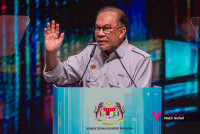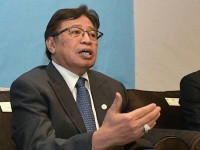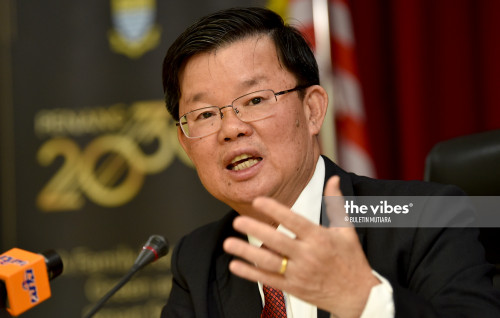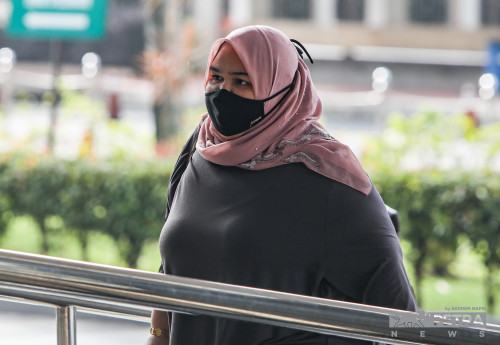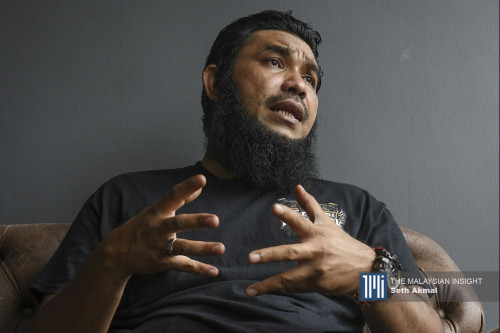NOT too long ago, Chief Justice Tun Tengku Maimun Tuan Mat reminded the public, especially politicians, to read and understand the courts’ grounds of judgement instead of drawing their own conclusions on judges’ decisions.
The chief justice alluded to comments that were made of pure sentiment, which showed that those making the comments did not read the courts’ judgments nor did they take the trouble to understand the law.
It is now an apt reminder, following the Federal Court’s decision on Friday that unanimously ruled that the Malaysian Anti-Corruption Commission’s (MACC) investigation against justice Datuk Mohd Nazlan Mohd Ghazali did not follow proper protocol.
If one were to read the judgement, one would have no difficulty to agree with Malaysian Bar president Karen Cheah that “the ruling should not be mistaken to be from the Chief Justice only, but also from six other judges of the Federal Court – namely, Tan Sri Abang Iskandar Hashim, Datuk Mohamad Zabidin Diah, Datuk Nallini Pathmanathan, Datuk Vernon Ong, Datuk Harmindar Singh Dhaliwal and Datuk Rhodzariah Bujang.”
A unanimous seven-judge decision is as strong as it could get as the Federal Court currently consists of the chief justice, president of the Court of Appeal, two chief judges of the high court and eight Federal Court judges.
The ruling is a decision on what is called a “special case”, which is one that has been transmitted from the high court to the Federal Court under Section 84 of the Courts of Judicature Act 1964.
The last reported decision of a special case is in the case of Datuk Seri Anwar Ibrahim v Kerajaan Malaysia & Anor [2021] 6 MLJ 68 where the Federal Court answered the constitutional questions that were referred to it for determination by the high court.
In that case, the Federal Court, by a majority (6:1), ruled that the National Security Council Act 2016 as well as three amending Acts of Parliament (A566, A584 and A885) were valid and constitutional.
By comparison, the Federal Court decision delivered by Tengku Maimun is unanimous.
On another note, one can also agree with Cheah that the written judgement “clearly says no one is above the law including judges, but certain safeguards must be followed to preserve judicial independence and respect the doctrine of separation of powers.”
Judges do not deserve special treatment. However, there are certain protocols to follow “so that the confidence of everyone towards judicial independence and sitting judges are preserved and protected.”
Malaysia is not the only country with such safeguards. Cheah rightly pointed to the Indian position where consultations with the chief justice are required.
The Indian position was expounded more than 30 years ago by the country’s apex court, the Supreme Court, which sat as a constitution bench in the case of K. Veeraswami v. Union of India (1991) 3 SCC 655.
In that case, the Supreme Court observed that the apprehension that the executive was likely to misuse the power to prosecute judges, and that any investigation of a judge would have a far-reaching effect on the judiciary, there must be judicious use of action taken under the law against a judge.
As such, there could not be an investigation against a judge of the superior court without the consultation of the chief justice.
“[The] independence of judiciary cannot be left at the mercy of the [investigation agency]. There cannot be any [investigation] … without permission of the chief justice,” said the Indian Supreme Court.
The Federal Court has similarly said that criminal investigative bodies investigating serving judges of the superior court are not to violate the doctrine of judicial independence.
Judicial independence is a sacrosanct concept. Judges and the entire judicial process must be free to perform their functions freely and independently to arrive at a just and fair decision. – The Vibes, February 28, 2023
Hafiz Hassan reads The Vibes



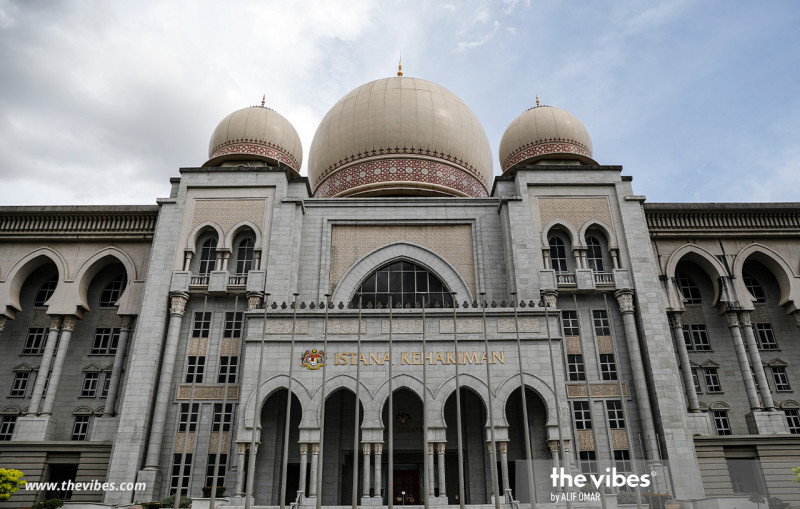
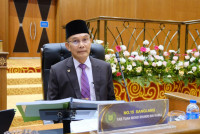
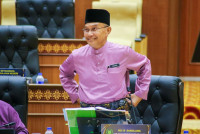
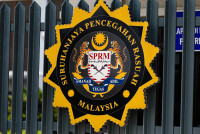

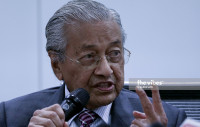
.png)


